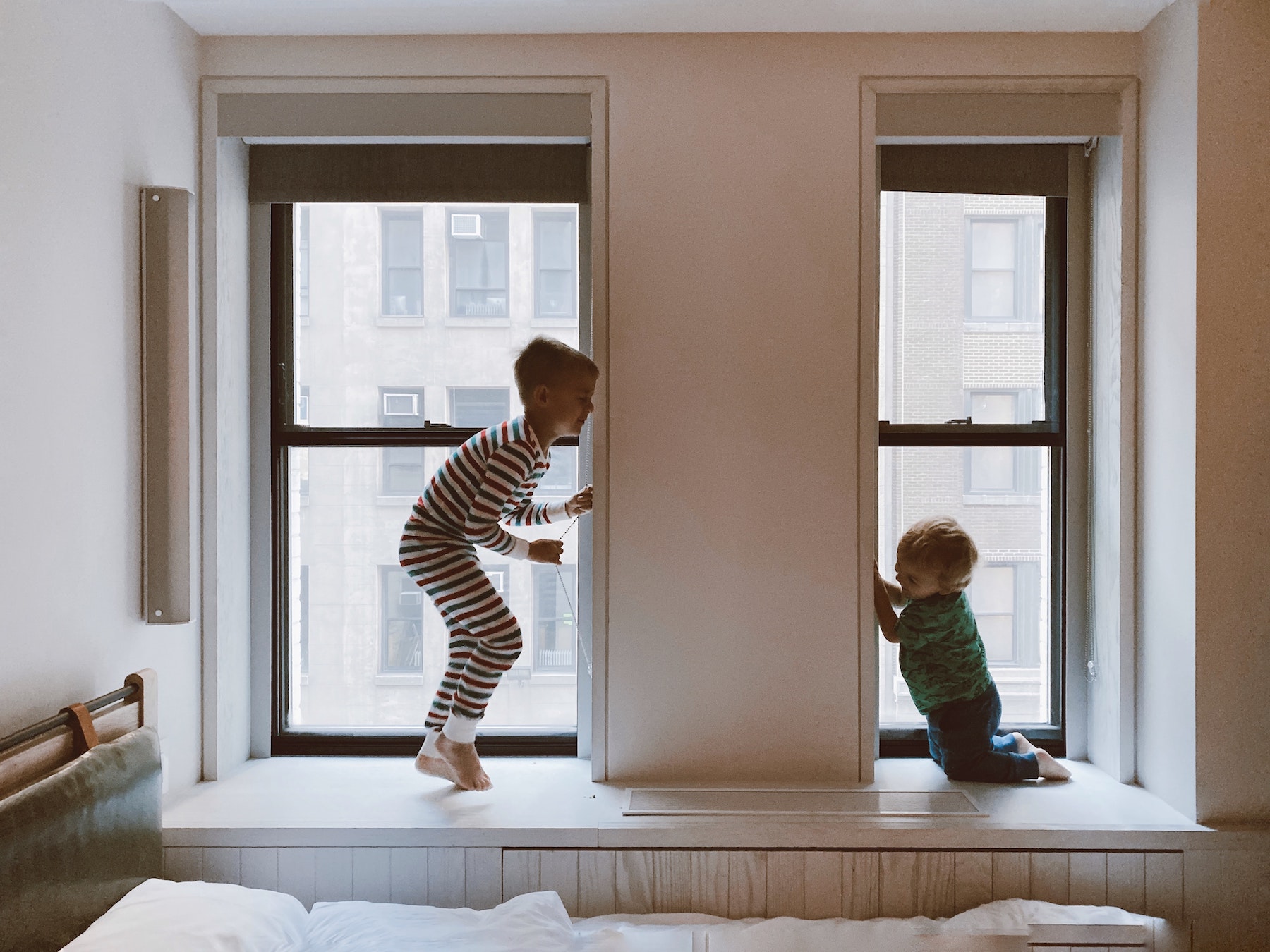
One of the things I admire the most about kids is the way they live in the moment. They don’t have to be responsible for things like retirement plans . . . coordinating the calendar . . . or figuring out what’s for dinner.
Can I be honest and tell you that’s one of the things I miss the most about childhood?
Think about the last time you started out on a family car trip. Before you’ve even left the driveway, your kids immediately ask to listen to a song or put on a movie.
“Give me a minute,” you say (with no small amount of frustration). After all, you’re thinking 10 steps ahead. As the responsible adults, we need to give our minds a chance to transition from what we’ve been managing to whatever we’re managing next. But kids? They’re in the moment, all the time.
They aren’t thinking about the route you need to take. They aren’t worried about road construction or traffic, or that new sound that just started from the back of the car that wasn’t there yesterday.
Kids don’t have control of any of those things. They have no choice but to trust.
They trust that you’ll get them to wherever you’re going, safe and sound. If something goes wrong, they trust you to fix it. They’re completely dependent on you for all those “adult things” that you spend all your time trying to manage.
Of course, those days of blind trust don’t last forever. As kids grow and change and mature on the path to adulthood, they move from dependence to independence—from reactivity to responsibility.
That’s good. That’s healthy. But there’s a cost. When we grow up, we have to take ownership. We feel like we have to take control . . . and if we’re honest, that can make it a lot harder to trust.
We don’t like it when life surprises us and takes us out of the driver’s seat. But it’s not a question of if we’ll get kicked out from time to time; it’s a question of when.
Those are the moments when it’s most important for us to trust—for ourselves, and for our kids who are watching. After all, we can choose. We have full ownership of our actions, but at same time, we don’t have to abandon the innocent trust that came so easily during childhood.
We might not see an easy solution to the problem. But even in the midst of that tension, we can choose to open our hands and say, “I don’t know what to do. But God, I trust You.”
It’s nice when trust leads to a happy ending. I like it when I can show my kids that everything works out the way I hoped it would—because then I can easily point to God’s faithfulness along the way. But I think the decision to trust is the teachable moment . . . not the outcome. When I feel out of control, I can still choose to trust God and believe that my life is in His hands. I don’t have to wait until everything is fixed; I can be honest with my kids and let them see the emotions that I’m struggling with along the way.
Our kids don’t have a lot of control in their lives—yet. But maybe we can model for them what it looks like to trust, regardless of the outcome. When they grow up, they won’t forget it.


